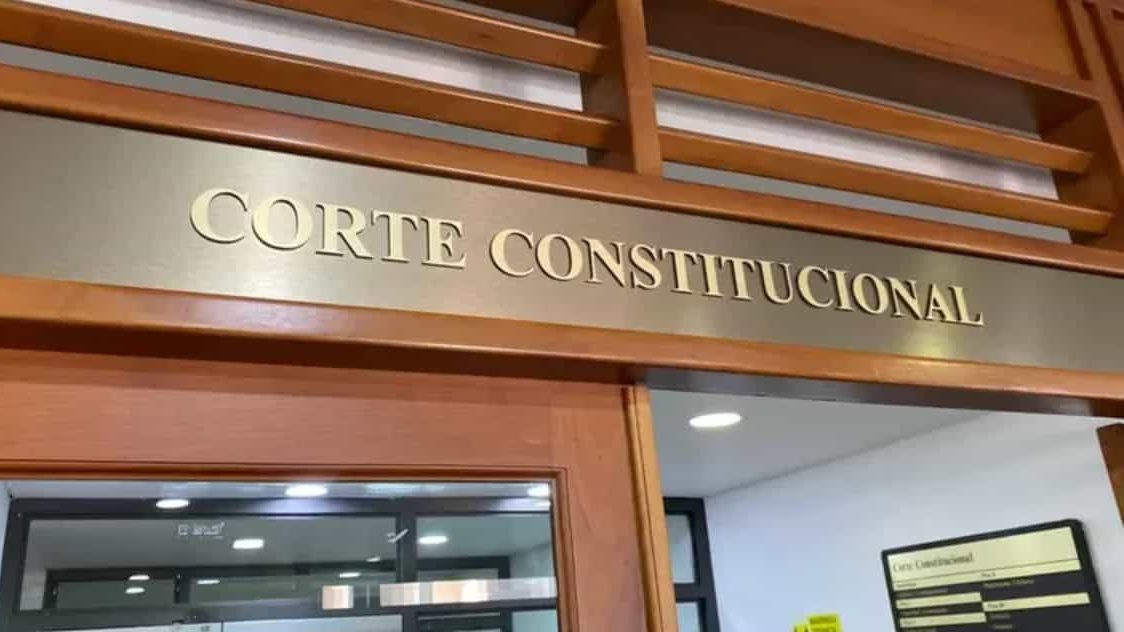The Constitutional Court ruled that the deletion of influencer Esperanza Gómez’s account was arbitrary, illegitimate, and discriminatory and ordered clear rules, transparency, and due process in the decisions of digital platforms. It also reaffirmed that the transnational nature of the internet does not exempt states from protecting the fundamental rights of their citizens.

Colombia’s Constitutional Court issued a comprehensive ruling on social media content moderation for the first time in a ruling regarding a lawsuit filed by influencer Esperanza Gómez against Meta for the deletion of her Instagram account, which had more than five million followers.
Gómez claimed that the platform violated her rights to freedom of expression, equality and non-discrimination, due process, the right to employment, and the freedom to choose her trade or profession. The high court agreed that Meta’s decision was arbitrary, failing to provide sufficient justification or equitable treatment of accounts with similar content that remain active.
One of the central points of the ruling was the debate over jurisdiction in the digital space. The Court affirmed that, when an internet dispute has a relevant connection with the country and has clear effects in it, “the transnational nature of the internet does not exclude the Colombian State’s obligation to protect fundamental rights within its jurisdiction.”
Regarding content moderation, the Court recognized that platforms can adopt measures to prevent illegal activities, but established that they must respect certain limits that fall within the protection of fundamental rights. In particular, if they decide to consider users’ offline activities as a moderation criterion, these rules must be clearly provided for in their community standards and applied consistently, transparently, and following due process.
The ruling stated that social media operate as a digital public forum managed by private companies, which does not exempt them from maximizing freedom of expression. Therefore, any restriction on speech must meet the tripartite test: legality, necessity, and proportionality of the measure (a standard that currently applies to state regulation, not private regulation).
Although in this case the Court declared a “current lack of legal grounds” because the account could not be reinstated, it allowed the user to seek redress in the ordinary courts. After the Court’s ruling was announced, Gómez announced that she will sue Instagram for financial damages, claiming to have lost several contracts.
In the ruling, the Court also issued specific orders to Meta:
- Create a visible electronic channel for judicial notifications in Colombia.
- Ensure policies are available in Spanish and on a unified website.
- Review and adjust Instagram’s terms of use and privacy policy so that users are clearly aware of the mechanisms for challenging moderation decisions.
The ruling also recognized that, although there are no detailed regulations regarding influencers in Colombia, this activity is protected by the Constitution as long as it does not involve prohibited conduct.
Judge Natalia Ángel Cabo emphasized that the case is key to understanding the current discussions about platform moderation : “The Court considers the rules that platforms may establish legitimate, but insists that these rules must be transparent and that there must be a clear process for users who use the network.” With this decision, the Colombian Constitutional Court sets a precedent of regional scope that focuses on the regulation of processes. The aim is not to define what content should or should not be circulated, but rather to establish guarantees of transparency, due process, and the right to defend oneself against the decisions of digital platforms.
RELATED LINKS:

